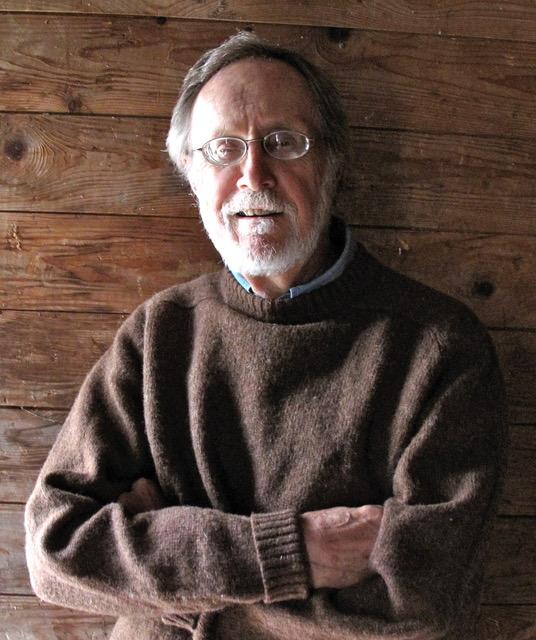John Howe - Head Ski Company VP/Engineering
John G. Howe, the chief engineer at Head skis during its transition from Timonium, Maryland to Boulder and Kennelbach, died June 15, 2018, at age 83.
A native of the Berkshire Mountains, John learned to ski as soon as he could walk and spent his early years skiing in the western shadow of Mount Greylock. As a 10-year-old at the end of World War II, he was actively racing, participating in the Junior National Championships of 1950 and 1953.
In 1956, he graduated from the University of Colorado with a bachelor of science in mechanical engineering. He continued to race in the Intercollegiate National Championships and was coached by Olympian Tom Jacobs.
In 1956 with his bride Connie Willis, he returned east and went to work at the General Electric Co. in Pittsfield, Mass., as a product design engineer on distribution transformers. There he continued to race in senior events in the east and coached junior racers.
In 1966, he was recruited by Head Ski Co. of Timonium, Md., and was hired as their chief ski design and product development engineer. By the spring of 1967, he moved his young family to Maryland. His mission at Head was to revive and modernize the company’s ski production line, moving from all-aluminum construction to fiberglass and hybrid metal-glass structures. John helped to establish the new Head Ski factory in Kennelbach, Austria, where Head now produces high performance and racing skis. In 1969, Head Ski was sold to AMF, and the following year AMF closed the Timonium factory. John set up production at a new plant in Boulder, Colorado.
(See the July/August 2018 issue of Skiing History magazine for details on Howe’s career at Head.)
In 1980, with his second wife Debbie Mead and their children, John moved to a farm in Waterford, Maine. He continued master’s alpine and biathlon racing, restored and raced vintage sports cars, picked expert banjo, and ran marathons – including 30 Mount Washington races. He designed and manufactured the double-decker Claw ski, optimized for tenacious grip on New England ice.
John held a dozen patents and authored several books, including a manual on high-power transformers, two editions of Skiing Mechanics, and three treatises on sustainable economies beyond cheap fossil fuels.
Among his other passions was the development of alternatives to finite fossil fuels. He fought long and hard to build public awareness of the risks of our dependence on fossil fuels through lectures and papers as well as a comprehensive book of the subject titled The End of Fossil Energy — a treatise he wrote on the phenomenon of peak oil.
John will be remembered by many around the world as a brilliant designer, engineer, tireless athlete, and critical thinker who simply strove to make the world a better and more sustainable place for all of us.
John is survived by his wife of 42 years, Debbie Howe; sons, Edward and Thomas Howe; daughters, Virginia Howe and Tina Marshall; his grandchildren and great-grandchildren.
